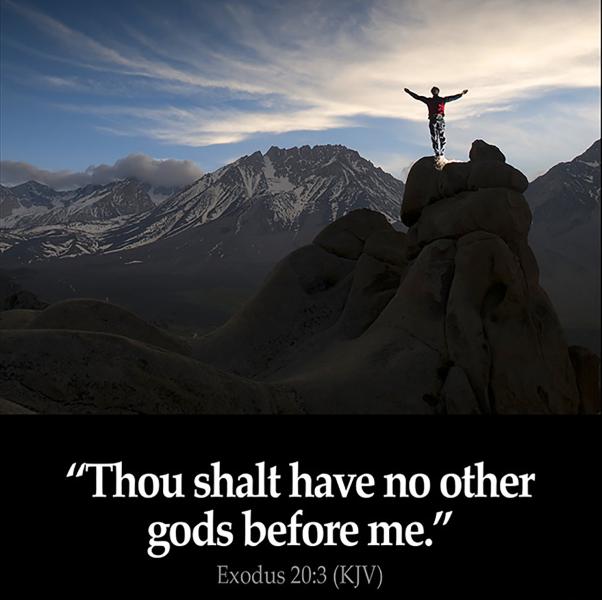
The gospel seems to be even more of a mystery today than it was in Paul’s day, with the subjects of grace, works, the law, and forgiveness, much debated, yet misunderstood by so many.
Grace is what one does for another, having nothing to do with whether one deserves it or not. It is the work of God’s love (26-“agapa” perfect love) that He has done to provide for our every need: To sustain the life of every living creature as they were all created to live. One cannot add to it, for as John 1:3, 4 states, “All things were made by Him; and without Him was not any thing made that was made. In Him was life; and the life was the light of men.” It is all of God’s grace that provides for an abundant life!
In Exodus 34:6-7, God gives the gospel to Moses, proclaiming, “The Lord, the Lord God, merciful and gracious, longsuffering, and abundant in goodness and truth. Keeping mercy for thousands, forgiving iniquity and transgressions and sin, and that by no means clear the guilty (those who have not turned from, and repented of their sins); visiting the iniquity (the knowledge of evil) of the fathers upon the children, and upon the children’s children, unto the third and fourth generation.” Note… Iniquity, the knowledge of evil is not sin, but it is what gives us cause to sin wh ...



